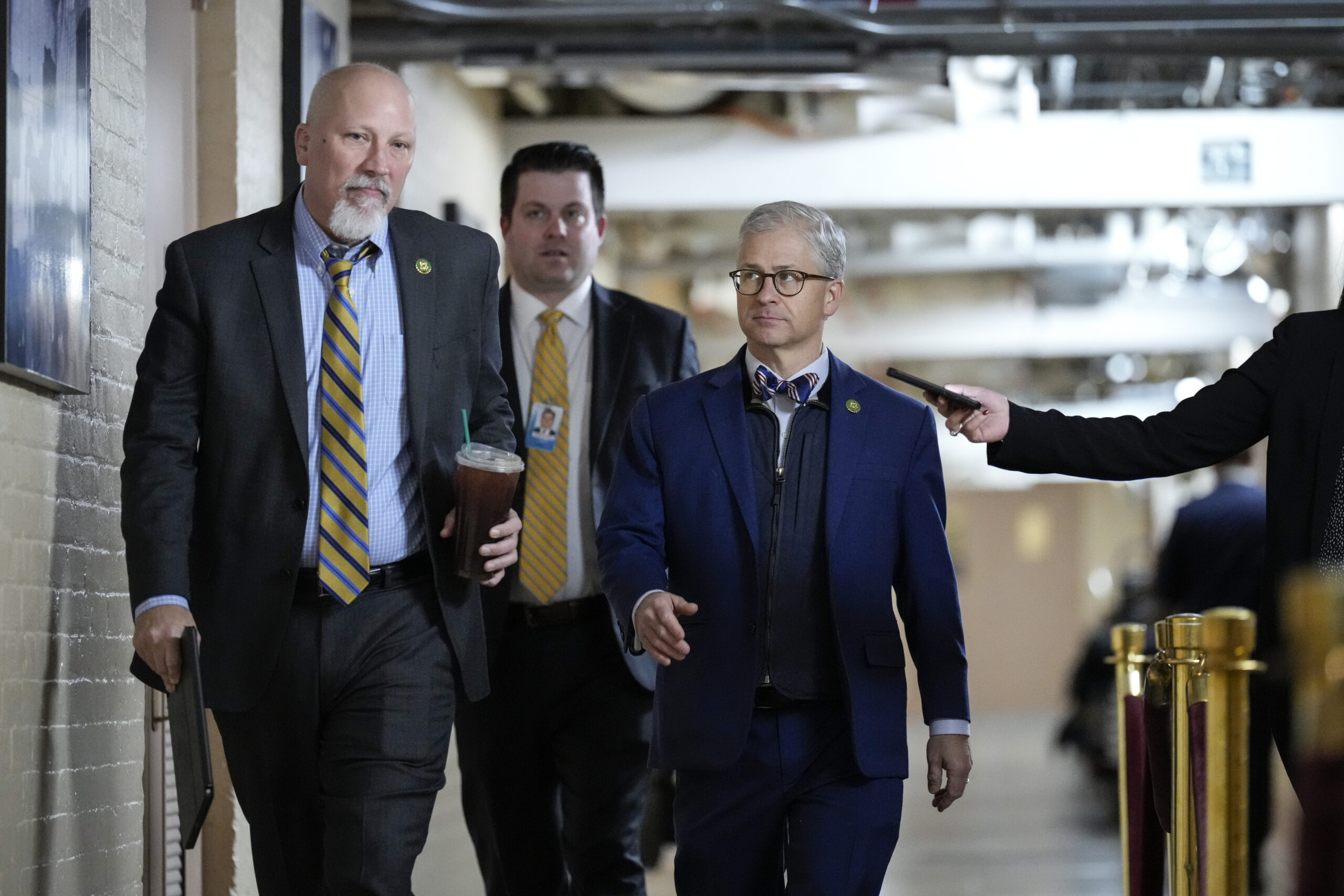Key takeaways:
- President Biden and House Speaker McCarthy have reached an agreement in principle on legislation to increase the national debt ceiling and avoid a federal default.
- The agreement includes raising the debt ceiling for two years, capping non-defense spending for the 2025 fiscal year at 1%, providing fully funded medical care for veterans, and increasing work requirements for non-disabled adults using some government assistance programs.
- The agreement has been met with mixed reactions from members of Congress and criticism from some members of the public.
After weeks of negotiations, President Joe Biden and House Speaker Kevin McCarthy (R-Calif.) have reached an agreement in principle on legislation to increase the national debt ceiling and avoid a federal default. Although the details of the bill have yet to be released, reports indicate that the deal includes raising the debt ceiling for two years, capping non-defense spending for the 2025 fiscal year at 1%, providing fully funded medical care for veterans, and increasing work requirements for non-disabled adults using some government assistance programs.
The agreement has been met with mixed reactions from members of Congress. While some, such as Sen. Chris Murphy (D-Conn.), have praised the deal, others, particularly those on the far right, have expressed their dissatisfaction. Sen. Murphy has gone so far as to characterize the Republican Party as “addicted to chaos” in light of the debt limit talks.
The deal has also been met with criticism from some members of the public, who have noted that the exact amount of the debt ceiling hike has not been specified, and that the agreement appears to provide little in exchange for the $4 trillion debt ceiling hike.
The agreement between President Biden and Speaker McCarthy is the latest in a series of negotiations between the White House and Congress, and is a step forward in avoiding a federal default. It remains to be seen how the details of the bill will be received by the public and by members of Congress.



Be First to Comment